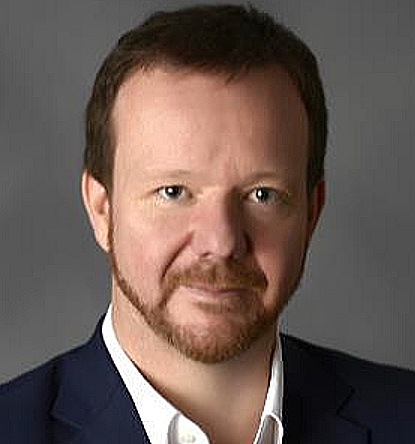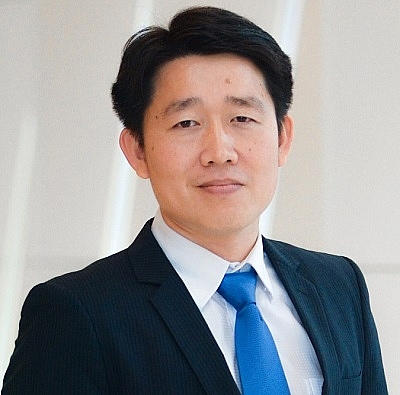Vietnam one of PepsiCo’s 20 priority markets
 |
| Chris Argent, PepsiCo’s senior director, public policy, government affairs and communication, APAC |
Chris Argent, PepsiCo’s senior director, public policy, government affairs, and communication, told VIR at the recent World Economic Forum on ASEAN in Vietnam that the country is a highly attractive growth market where PepsiCo is well-positioned.
“We are focused on expanding our food and beverage business in Vietnam through continued investment across our portfolio. Besides, PepsiCo will continue to independently operate its food business in Vietnam. PepsiCo enjoys success in the snacks category with the Poca brand, and intends to continue to invest in agriculture, innovation, and distribution to grow its food business across the country,” Argent said.
He added that the company is keen to do long-term business in Vietnam in the field of food and beverages, and Vietnam is one of the company’s 20 priority markets across the globe, and eighth in the Asia-Middle East-North Africa region, although he did not mention detailed plans for the upcoming time.
This year marked the tenth year of the cooperation between PepsiCo Vietnam and the Ministry of Agriculture and Rural Development, in the framework of which the two sides founded a public-private partnership group on fruits and vegetables.
Nguyen Duc Huy, general director of PepsiCo Foods Vietnam Company, said that this cooperation helped create a sustainable supply chain based on collaboration, promoting trade development, as well as opening up opportunities to raise living standards for hundreds of farm households—contributing to the sustainable development of cultivation in Vietnam.
 |
| Nguyen Duc Huy, general director of PepsiCo Foods Vietnam Company |
He stressed that in the coming time, his firm will continue to study processing in order to create high added-value products made from artichoke, a specialty of the Central Highlands city of Da Lat, and bring these products to the company’s distribution chains, while also educating farmers on cultivation skills that can help triple their output.
He cited that in 2017 PepsiCo sourced over 5,000 tonnes of potatoes from Vietnam, and more importantly, saved 1 million litres of waters thanks to modern irrigation technology.
“Our success depends on securing sustainable supply chains for our key raw materials," said Huy.
Since entering the market in 1994, PepsiCo has undertaken an investment programme of more than $500 million and now has five beverage manufacturing plants in Vietnam, a high priority market in PepsiCo's aggressive emerging and developing markets growth plan.
What the stars mean:
★ Poor ★ ★ Promising ★★★ Good ★★★★ Very good ★★★★★ Exceptional
 Tag:
Tag:
Related Contents
Latest News
More News
- The generics industry: unlocking new growth drivers (February 04, 2026 | 17:39)
- Vietnam ready to increase purchases of US goods (February 04, 2026 | 15:55)
- Steel industry faces challenges in 2026 (February 03, 2026 | 17:20)
- State corporations poised to drive 2026 growth (February 03, 2026 | 13:58)
- Why high-tech talent will define Vietnam’s growth (February 02, 2026 | 10:47)
- FMCG resilience amid varying storms (February 02, 2026 | 10:00)
- Customs reforms strengthen business confidence, support trade growth (February 01, 2026 | 08:20)
- Vietnam and US to launch sixth trade negotiation round (January 30, 2026 | 15:19)
- Digital publishing emerges as key growth driver in Vietnam (January 30, 2026 | 10:59)
- EVN signs key contract for Tri An hydropower expansion (January 30, 2026 | 10:57)






















 Mobile Version
Mobile Version